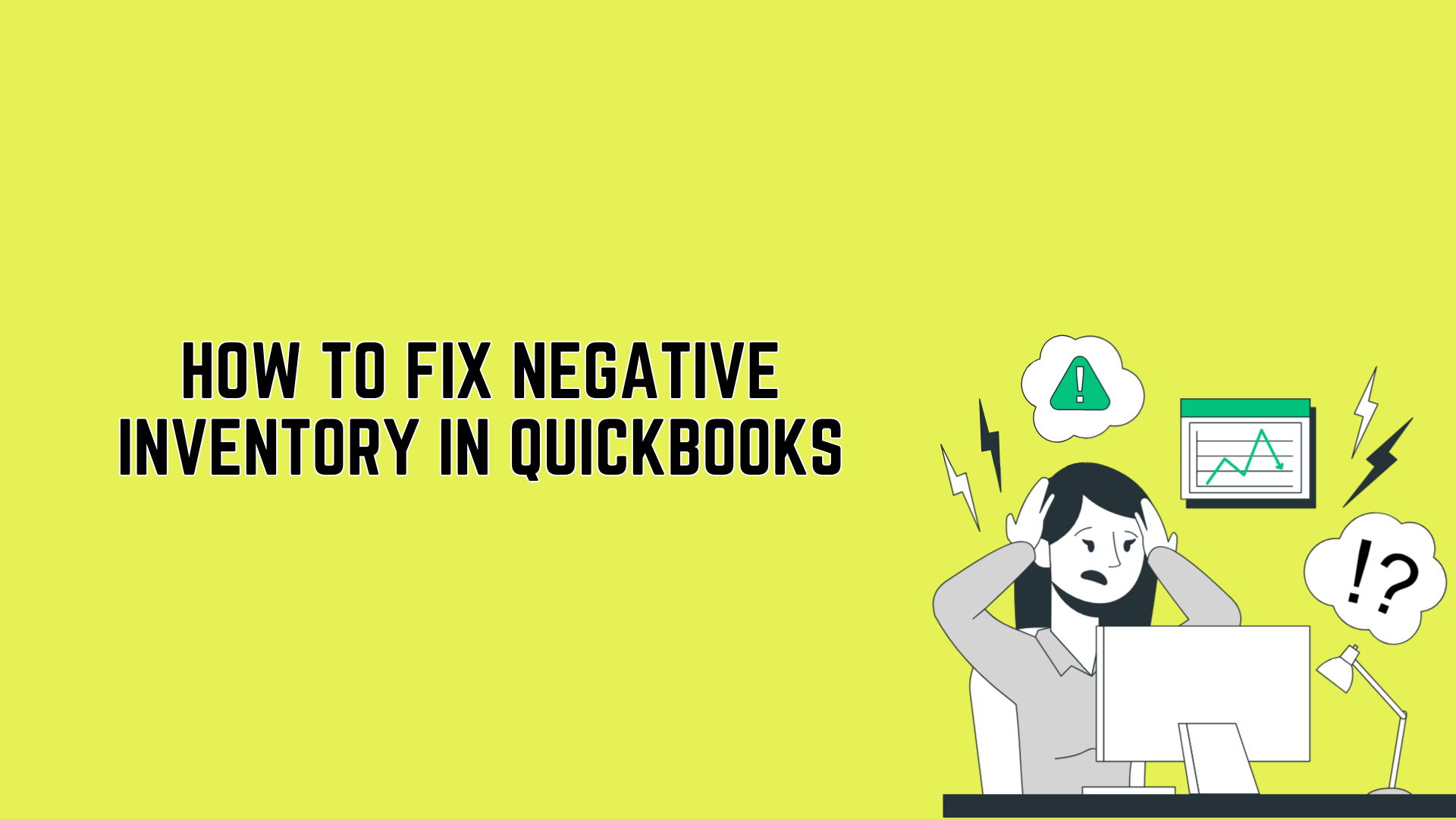In the dynamic world of business, inventory management is a crucial aspect that can significantly impact a company’s financial health. While the primary goal of any business is to sell its products or services, sometimes there are instances where certain items remain unsold. Whether due to changes in consumer preferences, market fluctuations, or other factors, unsold inventory can pose challenges for businesses, including implications for taxes. In this blog post, we’ll delve into how unsold inventory affects taxes and what businesses can do to navigate this aspect of their operations effectively.
What Constitutes Unsold Inventory?
Before delving into the tax implications, it’s essential to understand what qualifies as unsold inventory. Unsold inventory refers to products that have not been sold by the end of an accounting period. This can include finished goods sitting in a warehouse, raw materials awaiting processing, or partially completed products. Essentially, any inventory that hasn’t been converted into revenue by the end of the accounting period is considered unsold.
Tax Implications of Unsold Inventory
Unsold inventory affects taxes primarily through the concept of cost of goods sold (COGS) and inventory valuation methods. Here’s how:
- COGS Deduction: In most tax jurisdictions, businesses can deduct the cost of goods sold from their revenue to calculate their taxable income. However, unsold inventory does not qualify as part of COGS because it hasn’t been sold. As a result, businesses may end up paying taxes on income that they haven’t realized due to unsold inventory.
- Inventory Valuation Methods: Businesses use various methods to value their inventory, such as FIFO (First-In, First-Out), LIFO (Last-In, First-Out), and weighted average cost. The method chosen can affect the value of ending inventory and, consequently, taxable income. For instance, if a business uses FIFO and the cost of inventory has increased over time, it may have higher ending inventory value and lower COGS, resulting in higher taxable income. Conversely, using LIFO may have the opposite effect.
- Inventory Write-Offs: In some cases, businesses may need to write off unsold inventory as a loss. While this reduces taxable income, it’s essential to follow the appropriate accounting and tax rules for inventory write-offs to ensure compliance.
Strategies for Managing Unsold Inventory and Taxes
While unsold inventory can present tax challenges, businesses can employ various strategies to mitigate its impact:
- Optimize Inventory Management: Implementing efficient inventory management practices can help reduce the likelihood of excess or obsolete inventory. This includes forecasting demand accurately, optimizing production schedules, and establishing effective inventory control mechanisms.
- Promotions and Discounts: Offering promotions or discounts on slow-moving inventory can help accelerate sales and reduce the quantity of unsold inventory. While this may result in lower profit margins on those items, it can ultimately lead to tax savings by reducing ending inventory values.
- Inventory Donation: Donating unsold inventory to charitable organizations can provide tax benefits through deductions for the fair market value of the donated items. However, it’s essential to ensure compliance with tax regulations governing charitable contributions.
- Conservative Inventory Valuation: Choosing inventory valuation methods that reflect the current market value of inventory can help avoid overvaluing unsold inventory and minimize tax liabilities.
Conclusion
Unsold inventory can have significant implications for a business’s tax obligations, impacting its taxable income and overall financial performance. By understanding these implications and implementing effective inventory management strategies, businesses can better navigate the challenges associated with unsold inventory while optimizing their tax outcomes. Ultimately, proactive management of inventory and careful consideration of tax implications are essential for maintaining financial stability and profitability in today’s competitive business landscape.









